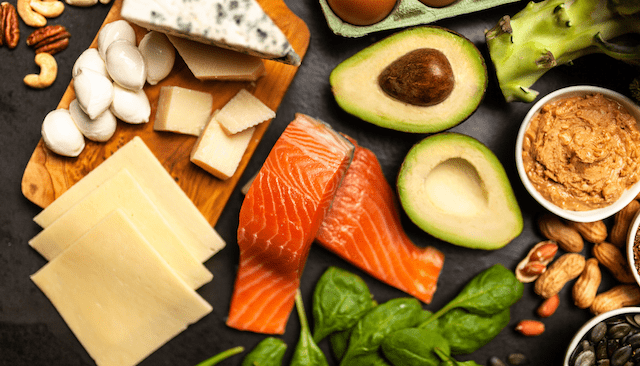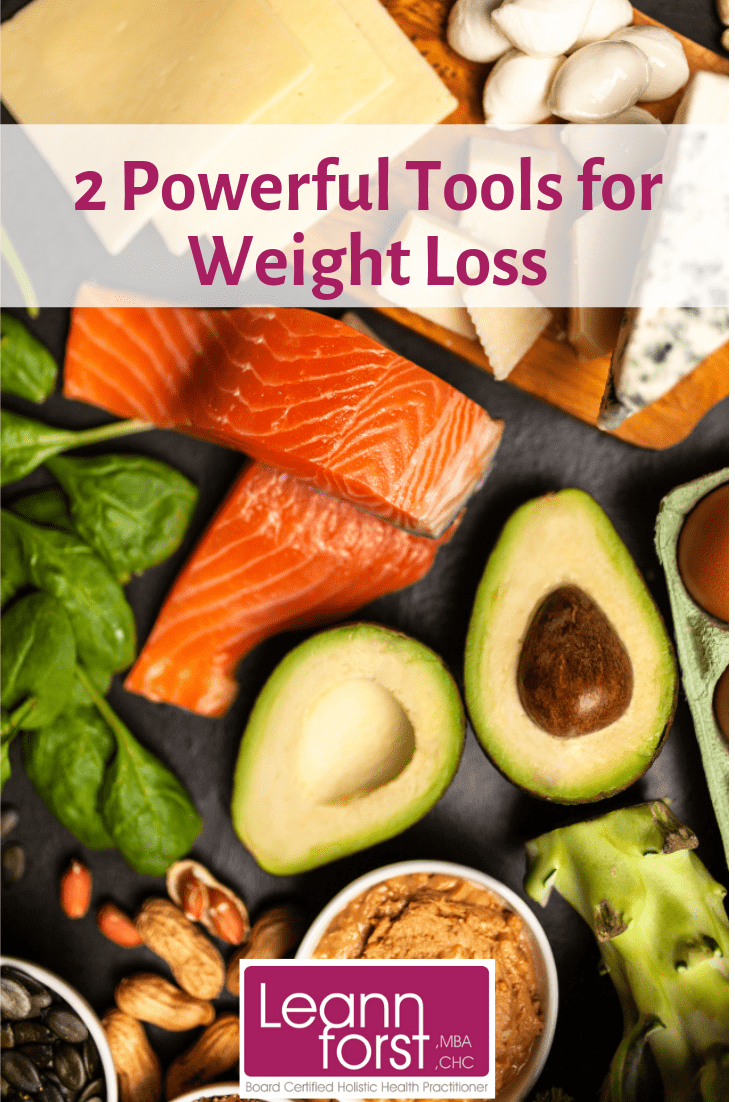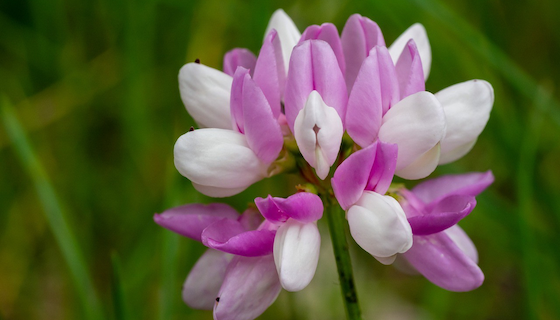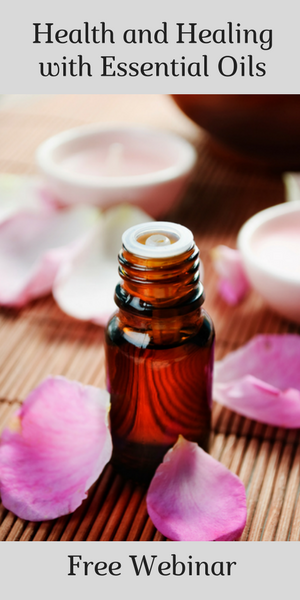Intermittent Fasting & The Keto Diet
If I told you that you could do one thing that would kick-start your metabolism, reduce inflammation, lower your diabetes risk, improve your memory, and support your overall health, would you be interested?
Of course you would. And these are just some of the benefits of intermittent fasting.
What is intermittent fasting?
Simply put: intermittent fasting is abstaining from food for a short period of time.
This allows you to eat more food (but still healthy!) the other times of the day. When you fast, your body uses stored fat as its energy source, and not the meal you just ate. This burns more fat, which helps you lose weight.
Another benefit of intermittent fasting is that it teaches your body to use food more efficiently.
“Why does this work? Your body reacts to energy consumption (eating food) with insulin production. Essentially, the more sensitive your body is to insulin, the more likely you’ll be to use the food you consume efficiently, which can help lead to weight loss and muscle creation. Along with that, your body is most sensitive to insulin following a period of fasting.” (source).
What intermittent fasting isn’t
Intermittent fasting is not a diet and you will not be starving yourself. It also will not leave you ‘hangry’ and needing a Snickers bar.
Once your body gets used to your new eating schedule, you’ll begin to see the benefits.
One study found that after 48 hours of fasting, participants experienced “cognitive performance, activity, sleep, and mood are not adversely affected in healthy humans by two days of calorie-deprivation.”
Different types of intermittent fasting
The important thing about fasting is that there it no “wrong” way of doing it, but the timing of meals can influence how your body reacts.
- 12-16 hours, “time-restricted eating” – if you are finished with dinner by 7pm and don’t eat breakfast until 7am, you are successfully fasting for 12 hours. Want to go 16 hours? Eat dinner earlier and breakfast later. Or you can even skip breakfast and eat your first meal of the day at noon.
- Alternate day – exactly what it sounds like, you eat normally every other day. On your days “off”, you can eat a very small amount – around 500 calories.
- Weekend fasting – Monday through Friday, you’ll eat as you normally would and on the weekends, you’ll eat a limited 500-calorie diet. Keep in mind, you can choose any 5 days on and 2 days off (in a row).
- The warrior diet – eat fruit and vegetables all day, and then a full meal at dinner.
Benefits of intermittent fasting
Here are some of the health benefits when you intermittently fast:
- Decreases appetite – intermittent fasting increases ghrelin levels, which is a hormone that stimulates appetite and promotes fat storage.
- Promotes weight loss – not only will your body learn to use the food you eat more efficiently, it will start to use stored fat as an energy source.
- Supports heart health – one study found that people who fasted for the Muslim tradition of Ramadan had improved HDL and LDL cholesterol levels.
- Reduces inflammation – a 2015 study found that “fasting for longer nightly intervals may reduce systemic inflammation in the body which could subsequently reduce breast cancer and chronic risk.”
- Improves memory – one animal study showed that fasting affects a protein, which protects the brain. Also, anti-inflammatory effects slow the progression of diseases such as Alzheimer’s.
- Lowers diabetes risk – another study found that when diabetics fasted for 16 hours, their blood sugar levels decreased. They also lost weight.
Not to mention that fasting simplifies your life by not having to worry about preparing several meals a day.
The Keto diet and intermittent fasting
Fasting kick starts ketosis, which you may already know is the push behind the keto diet.
Ketosis is when the body uses fat as its energy source and converts fatty acids into ketones. The ketones give you energy in the absence of glucose (which comes from eating carbs). That’s the keto diet – 60-80% of your calories will come from fat, 15-25% from protein, and only 5-10% from carbs.
So essentially, the keto diet is more effective when you add in intermittent fasting.
And fun fact: fasting is actually easier on the keto diet. Why? When you fast on a high-carb diet, your blood sugar gets wonky and you won’t be able to keep up your energy during fasting periods. And then when you do eat a bunch of carbs, your blood sugar will spike. Unstable blood sugar is never good for you.
Back to why intermittent fasting boosts the keto diet, because you’re eating more fats, your body quickly gets used to burning fat for fuel (the goal of keto).
Are you interested in starting the keto diet? Click here for more information on its health benefits. And sign up here for my keto recipe program, get 30 days free!
It’s important to remember that with intermittent fasting, the type of food you eat matters. Meal frequency is not nearly as important as the quantity and quality of food consumed.
Disclaimer: before starting a fast, check with your doctor if you are under medical care for a health condition.
 Login
Login










